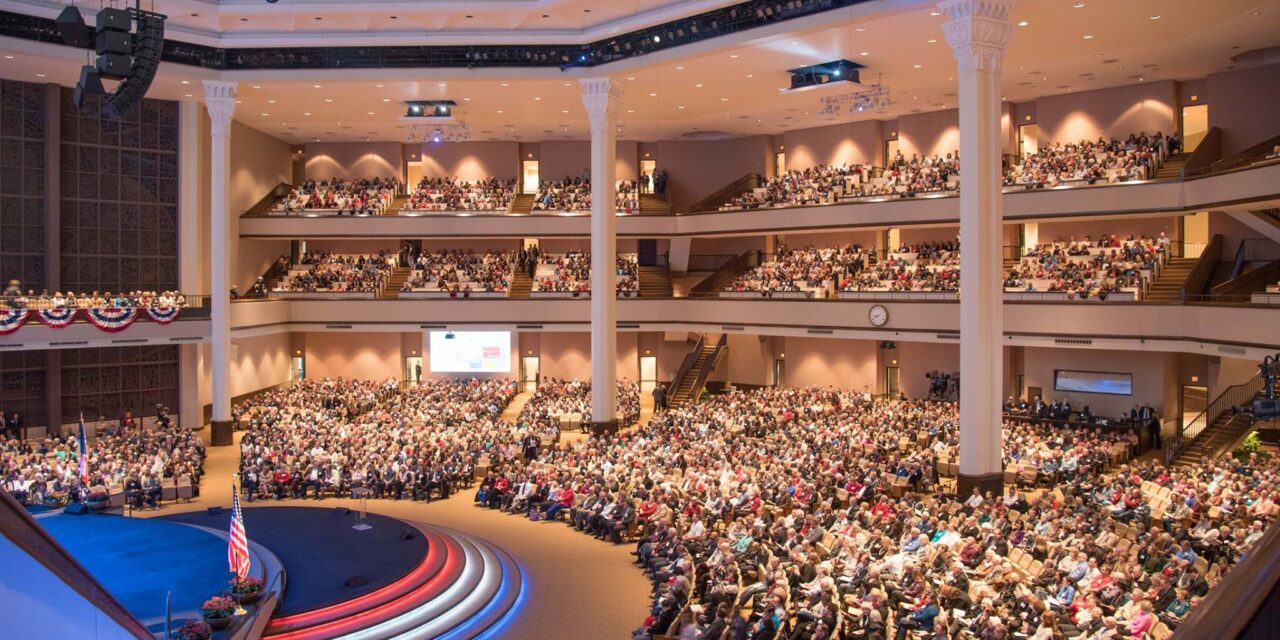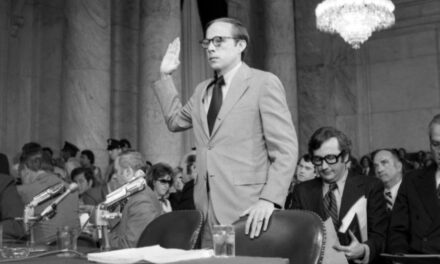The stunning number of Catholic priests who have sexually abused children in Illinois can almost make you numb. An investigation by Illinois Attorney General Kwame Raoul produced a 696-page report revealing the “names and detailed information of 451 Catholic clerics and religious brothers who abused at least 1,997 children across all of the dioceses in Illinois.” For context, the investigation was launched in response to revelations from a grand jury investigation in Pennsylvania which found in 2018 that “300 Catholic clerics had abused more than 1,000 children in the Commonwealth over the prior 70 years.” Because these investigations span decades and victims are understandably reluctant to speak up or may have difficulty providing credible evidence, the official numbers are probably a small fraction of the troubling reality.
I’m not Catholic and I’m not saying that the Catholic Church has a monopoly on pedophilia because America’s largest Protestant denomination has its own shocking history of child sexual abuse. But you’d think revelations, like those found in Pennsylvania and Illinois, would lead Catholic parents to run screaming from the pews. If a summer camp had a record like this, it would go out of business. If Little League had a record like this, baseball would go extinct. In 2020, the Boy Scouts of America filed for bankruptcy because of the legal costs and plunging membership resulting from its pedophilia problem.
If you believe religious observance is generally a positive thing, you should be grateful that Catholics in America haven’t responded to the pedophilia problem in the same way as in Ireland, where “Weekly Mass attendance which stood at 91% in 1975 was down to 36% in 2016 according to figures from the last Irish census.” The Church there is thought to be in “terminal decline.” The average age of an Irish priest is 70.
Religion is more resilient in America because of the separation of Church and State. The pedophilia scandal in Ireland hit much harder because it was difficult to discern where the church began and that government ended. Much of the worst abuse occurred in the church-run state schools and childcare system. So, as the scandal unfolded, it implicated the whole of Irish leadership, not just the supposedly celibate priests, bishops and cardinals. The government then became as interested in a coverup as the church, and the people decided the whole edifice was rotten.
Europe’s long history of official state religions helps explain why church attendance plummeted there relative to the United States during the 20th Century. Keeping the politics out of worship is what prevents religious scandals from undermining faith in government, and governmental scandals from undermining religious observance.
This is precisely what the American Christian Nationalists don’t seem to understand. They believe all manner of social evils result from people not getting their butts into the pews, but their solutions would almost assuredly hurt attendance.
A push to inject religion into public schools across Texas faltered on Tuesday after the State House failed to pass a contentious bill that would have required the Ten Commandments to be displayed prominently in every classroom.
The measure was part of an effort by conservative Republicans in the Legislature to expand the reach of religion into the daily life of public schools…
…In recent months, religious groups in several states have appeared interested in seeing how far states might now go in directly supporting religious expression in public schools. This month, the South Carolina legislature introduced its own bill to require the display of the Ten Commandments in all classrooms. In Oklahoma, the state education board was asked earlier this year to approve the creation of an explicitly religious charter school; the board ultimately rejected the application.
“Forcing public schools to display the Ten Commandments is part of the Christian Nationalist crusade to compel all of us to live by their beliefs,” said Rachel Laser, the president and chief executive of Americans United for Separation of Church and State, a nonprofit advocacy group. She pointed to new laws in Idaho and Kentucky permitting public school employees to pray in front of students, and a bill in Missouri allowing elective classes on the Bible. “It’s not just in Texas,” she said.
This is not really a bipartisan effort. I think it can be fairly described as a project of the Republican Party, even if a few Democrats are willing to go along here and there. So, problem number one is that you’re alienating half the country politically on a matter of religion. You’re bound to convince some people that attending your church, or any church at all, is in some way lending support to political causes they oppose.
But problem two comes when you actually have some success in eroding the distinction between church and state. That’s when a scandal at a public school, for example, impacts not just the school but your political party and your denomination. That’s when your own church members begin to believe that nothing will change until everyone who holds any power is drummed out of office and made impotent under the law. That’s when they stop overlooking your shortcomings and turn to secularism.
Ironically, the best way to preserve the vibrancy of American religious life is to make sure the 10 Commandments are not displayed in public schools. I have only anecdotal evidence to go by, but in my personal life I’ve noticed that the Republican Party’s embrace of aggressively religious rhetoric has already led many middle of the road people against both the GOP and Christianity. It seems to work passably well as a strategy for winning a decent percentage of elections, but it doesn’t lead to a more Christian, more observant nation.
The pious will put up with shocking misdeeds from their religious leaders but not their politicians. And when they can’t tell the difference between the two, that’s when the faithful are shaken.







